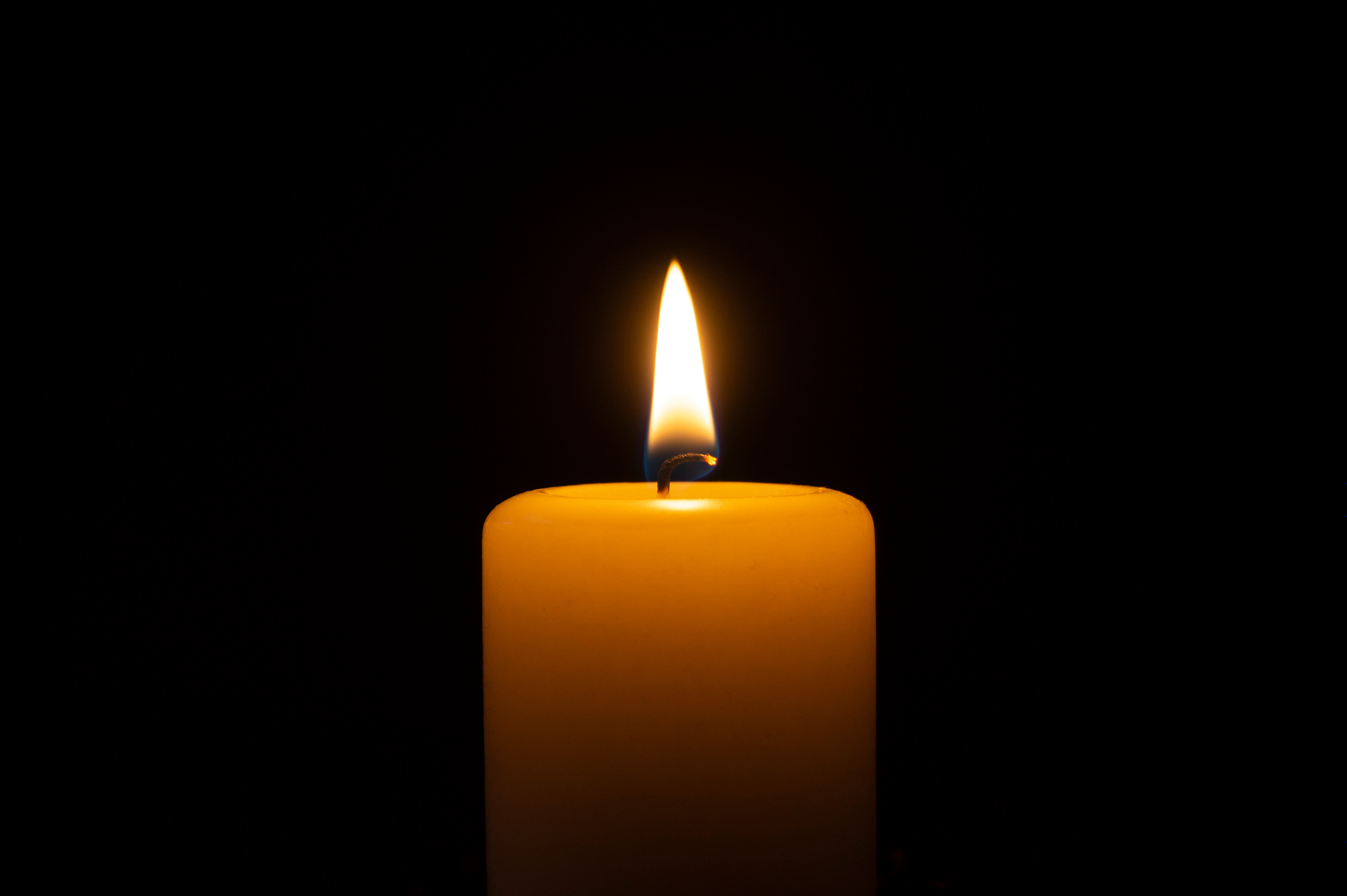 |
I like to re-read Leo Tolstoy’s novella The Death of Ivan Ilyich (1886) every year. The story is about a man, a prosperous magistrate, who one day falls ill and, after a few months battle with an unnamed affliction, dies. As he lays dying, however, Ivan has a chance to think of the life—on the surface pristine and approved by “all the best people”—he’s lived. He is filled with regret, with sadness, sometimes with anger.
The Death of Ivan Ilyich reminds me, like my most favorite holiday of the year, the Día de los Muertos, of my mortality, and consequently that while I still have breath change is possible. The slide into soft middle age, where a lather-rinse-and-repeat moral and professional lifestyle keeps things comfortable, is awfully tempting. Friends of mine are already in its throes. In a few decades they will be dead. Will they despise the life they’ve lived?
I think sometimes of this, my most favorite quote from Friedrich Nietzsche. It appears in his The Gay Science.
“What, if some day or night a demon were to steal after you into your loneliest loneliness and say to you: 'This life as you now live it and have lived it, you will have to live once more and innumerable times more' ... Would you not throw yourself down and gnash your teeth and curse the demon who spoke thus? Or have you once experienced a tremendous moment when you would have answered him: 'You are a god and never have I heard anything more divine.”
My father, a youthful 63, said to me recently, “David, if I met God tomorrow, I would be ready. I’m happy, I’m at peace.” That comment—he made it in kind of an off-hand way—hit me hard. This is profound contentment. It is the product of a life of righteousness. A life where moral decisions had to be made at tough times. Where the old man had to take a stand.
I don’t have what Dad has. I want it badly, but wanting it is insufficient. And so I know what I have to do, it just takes some reminding every now and again.
If you liked this post from American Mindset, why not share it?


